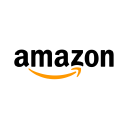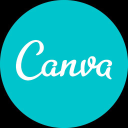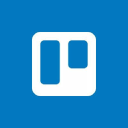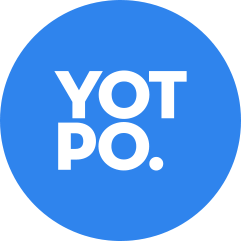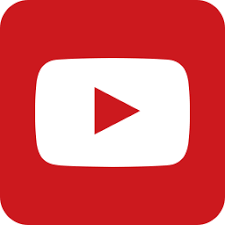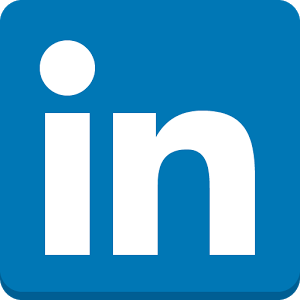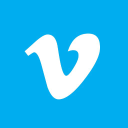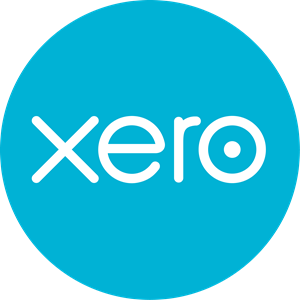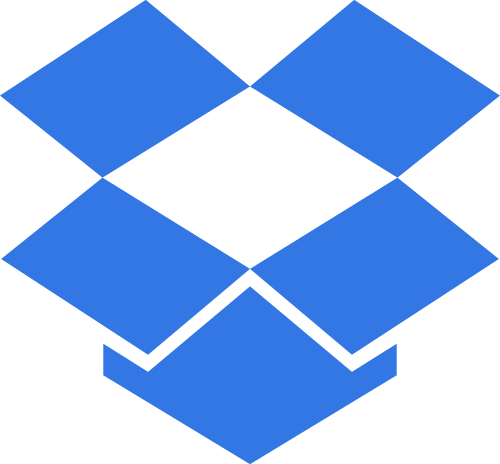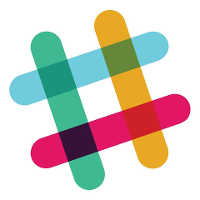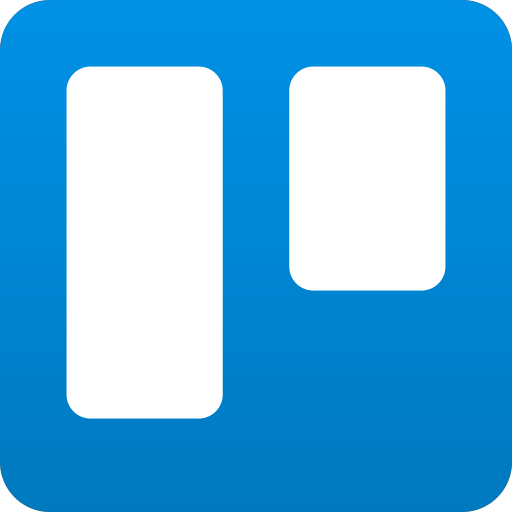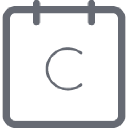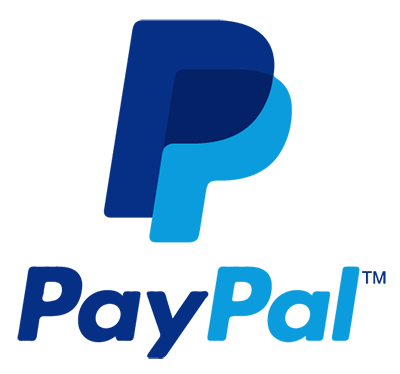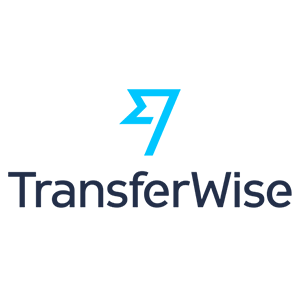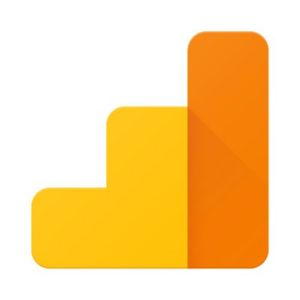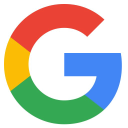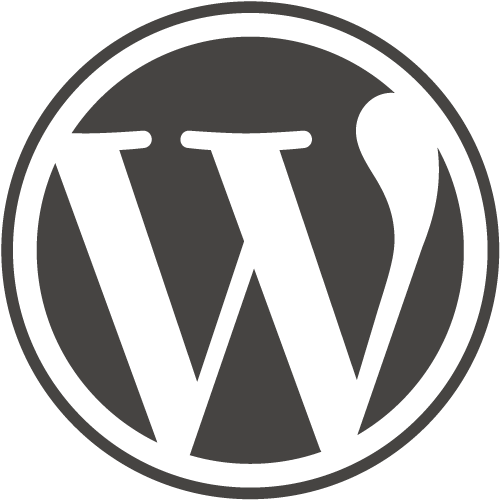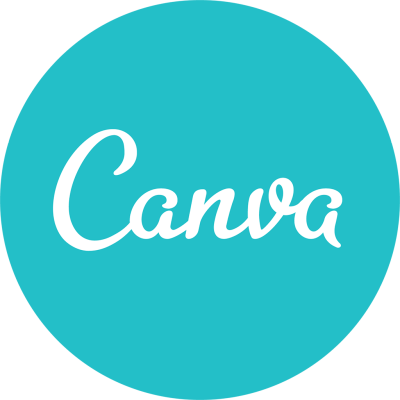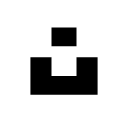My Travel Hobby Fueled Me To Build A $600K/Year Custom Trips Platform
Hello! Who are you and what business did you start?
My name is Paul Sarfati and I am the Founder and CEO of Baboo Travel. We built a travel platform that connects travelers directly with local travel agents or as we call them In-Destination experts to plan Custom Trips.
Quick explainer video:
Our main product is an easy-to-use platform that asks customers some quick and easy questions about the type of activities that they like, the type of accommodation, and the ideal trip that you would like to do. Then, our Algorithm searches for the best travel agent match who is an expert on creating and operating that type of trip.
After the match is done, they can communicate easily through the platform to customize the trip and make sure it’s exactly what the customer wants. The next step is for the local in-destination expert to send a very nice-looking proposal through our platform, so the client can review it, customize it again, and then easily book online.
For the past year, our team researched, contacted, evaluated, and curated a list of local in-destination experts all over the world. Since we started until today we have recruited over 450 companies in 150 countries who are curated and experts in creating custom-made itineraries. They have created a profile, added their team, and have uploaded their products into our platform, so customers can see them, and customize them.
We recently launched the platform to the public and started marketing in November 2021, and we started to see immediate interest through the different campaigns we launched, and got our first sales accounting to $180,000 in the first four months, so for sure that is a very good signal that there is interest, and people are looking for the product that we are selling.
We are currently still depending greatly on COVID travel restrictions and can’t really operate the entire world as we would wish, but we are starting to see some interest in people traveling from the US to some countries in Latin America like Peru, Costa Rica, Mexico, Ecuador, Chile & Argentina, and also to Europe to Greece, Italy, Spain, Portugal, so that’s good news.

What's your backstory and how did you come up with the idea?
I have been in the travel industry my whole life! I traveled extensively with my parents and grandparents growing up as they always enjoyed going to new places, and getting in touch with the local cultures.
After high school, I had the opportunity to travel the world for 1 year experiencing many different countries and cultures. I then went to Babson College #1 Entrepreneurship school in the world and developed my first business plan to develop BambaTravel.com a tour operator focused on the Youth Travel market.
That was my first startup and grew the company from 2 employees and $35000 in sales in our first year to $11,000,000 in 2019 and 65 employees worldwide.
Cash is king. You need to always have a clear eye on your finances! If you are not an expert, get someone to help you from the start
With the pandemic, things came to a complete stall in February 2020, and from having a full-stream operation, we went into a complete decline. One of our top clients called STA Travel went bankrupt and greatly affected our cash flow.
Then, we had to let go of 95% of the team that we had spent years building as we had zero sales, tons of refund requests, and no more work. I had also lost my monthly income, as I couldn’t pay myself a salary, so had to find and look for options. We kept 5 of our best employees working half time so we could restructure the business, to a big clean-up, review the processes that were working and improve them, and eliminate all the processes that were not working, so we could become a more streamlined company. We did lots of new automation and culled 75% of the products we were selling that produced only 20% of our sales.
All of the above happened, and suddenly I had time to think, I had time to start thinking about what would be the next big thing in the travel industry. So, I started analyzing many different tourism business models around the world, to see which of those models made more sense to me, and which one model would be perfect for the “new normal” once things got back on track.
I had been thinking for a long time about how Bamba could become a Custom Trip Tour operator, and how we could develop technology to make that happen. We did try and invest a ton of money on new technology and on ideas to create a self-serve custom trip platform, but unfortunately failed as it was too complex to achieve, and didn’t have the tech knowledge to make it happen.
Suddenly I remembered a company that had really made an impact on me when I saw it for the first time: Evaneos. The model is simple, connecting travelers with local travel agents around the world to create custom trips. I always wanted to create a custom trip platform, and their business model made a lot of sense, especially with the pandemic.
People will want to have more customized experiences, private tours with fewer people, go out and explore the world after being confined for so long, and most importantly be able to talk to a person who can give you responses, local recommendations and help you out in case something goes wrong. So, I started to develop a business plan, to create something similar to Evaneos, but with a special touch, and with new innovative ideas that improve the business model.
I have been in the industry since 2005, and I have lots of knowledge of what works, what doesn’t work, and what people are looking for, and I know that this type of business model has existed for a while in Europe, but has not yet been fully developed in other parts of the world. Evaneos raised a round of around 80mm in 2019, so that gives me plenty of confidence that the business model works if we can create something better and implement it correctly, for we need a very competent team, and that is exactly my focus.

I understand how there are too many middlemen in the travel industry where the customer buys from a travel agent, who then buys from a tour operator, who then buys from a local destination expert. We are connecting travelers directly with local destination experts therefore the client gets local knowledge faster, better itineraries, and better prices. It’s a model that works, and if done correctly and with the right team no one can stop us.
We are building a business that balances business and purpose. We have embarked on the path of becoming a B-Corporation and getting certified. It’s a process that is not easy, and it requires lots of time and energy to make sure you do it right, but we believe that it’s the only way forward to transform the economy and benefit all people, communities and help the planet.
We are committed to our planet and we have become a Benefit Corporation to offset the "carbon footprint" that our customers produce by traveling. We support projects around the world that reduce carbon emissions, protect biodiversity, and bring real benefits to local communities. We will provide education, raise awareness, and advocate in support of climate action.
Take us through the process of designing your first product.
The first step is to have a clear understanding of who you are, and why you are building what you are building, you can’t start without that clear understanding. What are your core values? What is your core competency? Why are you doing what you are doing? What is the purpose of it all?
Take your time to hire the right people, and if they are not the right fit for your business, fire them quickly as well.
Then, once you have that clear, you can start thinking about your brand, what you want to communicate, how you want to communicate it, and what it is that you want to sell. For this, we did a big analysis on all the competitions that we have and tried to understand what they were actually doing great, and what they could do better to define what we wanted to do.
Once we had the brand identity, logo, and branding material designed, we started to get an amazing UI/UX designer who helped us put together our ideas into Sketches and then into Figma and Adobe XD and we started working and working and working and working on all the backend systems of the platform. We analyzed 40 different platforms, saw what we liked and didn’t like, started to write down all the features that we thought were important, and started prioritizing and designing.
We wanted to develop a very easy system for local travel agents to upload their trips, review the inquiries, communicate with the customers, review the bookings and be able to easily create quotes for the clients as a priority. Our goal at that point was to offer trips worldwide and find the very best local in-destination experts in each country to be part of our platform, so we needed to have that first.
I think that the best development process is always:
1) Work on a mock-up and work on it as much as you can until you are super happy with it. Always think MVP in your mind, so you don’t overdevelop something you don’t need for launch
2) Work on the design and nice looking mock-up so you can get a good feel of it
3) Do User tests, to see if what you want to achieve works or not
4) Make modifications based on the feedback
5) Prioritize what you want to develop.
6) Streamline the developing process with 2-week sprints, so it can be agile
7) Do more User testing and make sure that what you developed works great
8) Send it Live! And keep reading and analyzing all the data that you can to make changes and decisions
Describe the process of launching the business.
To launch the business the first and most important step is to get the concept and business model right. So, I spent hours working on the business model, taking Startup courses online, reading books, building the financial model to understand how much money we need to start the business, and then spent lots of time building a Deck so I can present it to potential investors and get them excited about the opportunity.
I made a list of around 60 friends, family, and people that I know so I could present it to them to see if they would be interested in investing. I spent 3 months doing presentations to many different people and I was able to get funding from my friends, family, and also friends of friends. We set everything up with SAFE Notes which is an easy way for people to invest without having a valuation as the notes only convert to equity once we have the first round of Equity investment, and we have VCs or Angels valuing our company.
To develop the product our strategy was:
1) Develop the back-end system
2) Find and curate the local destination experts
3) Launch the backend and make sure all experts have a profile, they can load trips and things are working.
(We encountered lots and lots of bugs in the first version of our platform, and we keep encountering bugs when launching new features, but we are working quickly and in an agile development process to react quickly)
4) Plan our Marketing strategies, create all the content, and be ready to press the Play button once we launch our website.
5) Work on the front end of the website and make sure it all works fine before launching campaigns.
6) Launched our campaigns through
While I was working on all the marketing campaigns, I stumbled upon the concept of Growth Hacking. I was immediately interested in the concept and how it’s the new way to learn about your market, learn what works and doesn’t work, and understand where you need to invest your time and money by investing little money to start with. I would highly recommend reading more about Growth Hacking and the marketing techniques used.
The whole concept is simple, test ideas, test ads, test different things with a low budget, then measure, measure, and keep measuring and analyzing the data. With a big enough sample size, you will quickly see which of the strategies, markets, ads, and concepts works better for your brand. So, instead of investing in marketing research, and investing in testing big campaigns, always start small, test different markets, test different campaigns, test different ideas with low budgets, and measure.
Then, quickly enough you will see what works and what doesn’t work. To do this, it’s very important to hire a good Data Tracker, to make sure everything is set in place and you are tracking everything that you need to track to make the best decisions quickly.
To start with we created 100 different Google ads campaigns, targeting different markets, different countries, and different types of trips. We spent $5 per day on each campaign. In two weeks, we had enough information to notice that only 3 of the Ad campaigns that we did were actually converting.
We then noticed that our Landing pages had huge bounce rates of 92%, so we changed them and immediately lowered that to 63%. Each month we need to test and trial a large number of campaigns that relate to what worked in different markets, and with time our Cost per Lead has been decreasing. We also implemented Facebook remarketing campaigns, based on the Google Ads that we are promoting.
We also developed a Travel Personality Campaign, so we created a Quiz with LeadQuizzes to learn about your Travel Personality. Then, what we do is that depending on the personality we put you in an email funnel that sends you great information about your personality traits, what destinations you should review, and information about trips and other cool things that relate to the types of trips that you would like, and we introduce you to Baboo in the process. We created Facebook Ads, to promote the Quiz. Once we have the Leads, we can nurture them, so hopefully one day they want to plan a trip and see Baboo and will want to use us.
I am a firm believer in Content Marketing and Search Engine Optimization. At the end of the day if the content is relevant, and your company serves a market, with good content, constant content, and targeted towards improving your SEO for specific keywords works like wonder. This is not a short-term strategy but for some a good long-term strategy that needs to be done by any business owner. The more you invest in this, the less you will invest in Ads in the future, and you will have a constant flow of customers.
We also love working with Influencers, and Bloggers as they have a big audience and they are the ones that can push the Baboo word out to the world. We are just starting in this arena, but it seems like a good potential prospect of sales for us.
To retain customers, we just need to make sure that the service that we deliver is above and beyond the customer expectations, always do the right thing, deliver happiness, and help the planet.
How are you doing today and what does the future look like?
We are doing great! We are really just starting, but we have a great product, an awesome team, marketing strategies that are working, and some traction to look forward towards the future.
We are actively measuring our Customer Acquisition Costs, Ad costs, Return on Ad spend, monthly traffic, conversion rates, email subscribers, and our Revenue. We have developed a Scorecard system and each week we are measuring all the different metrics to see how we are doing, and what can be improved quickly.
Our current operations are limited to what we can do because of COVID, so we are targeting the US market, who are some of the few people that are currently traveling internationally (a little bit at least), and we are sending clients to nearby destinations such as Mexico, Peru, Costa Rica, Ecuador, Puerto Rico and a few selected countries in Europe. We are currently already selling the entire world, but our marketing efforts are limited to testing and a few destinations.
Hopefully, with a bit of time, COVID will not be as bad, and we can get people traveling internationally again so we can expand our marketing efforts and target other markets such as the Latin America market, Scandinavian market, to travel anywhere in the world.
We plan to get as much traction as we can in the next coming months, so we can start raising a new round of capital by mid-year, and finalize a big Seed Round or Round A by the end of 2022.
Through starting the business, have you learned anything particularly helpful or advantageous?
Starting a business is never easy, it requires a lot of your time, effort, and commitment to make it happen. The first thing that you need to decide is if you want to become a start-up and go on the path of funding your business to grow quickly, or if you want to start a business that will give you good profits, and a stable income as they are two very different ways of approaching the development of your business. Not one answer is right, but it has to do more with what you want to achieve and what are your personal and business goals.
I have learned that it’s always important to surround yourself with people who know more than you. You want to be able to build a team that helps you and does not take energy away from you. In my experience as an entrepreneur since 2005, I have made many bad hiring decisions that have made my life miserable. So, take your time to hire the right people, and if they are not the right fit for your business, fire them quickly as well. It will be better for you, and for them both short and long term even if it doesn’t seem like that at first.
With the pandemic, you clearly learn that cash is king. So you need to always have a clear eye on your finances! If you are not an expert, get someone to help you from the start, as bad financial decisions can bring your business to bankruptcy. Before making very big investments, make sure that what you are doing makes sense, create a minimum viable product, test the waters, do small marketing investments, and once you see what is working best then you can increase your investment in that, you will get much better value for your money.
I would highly recommend reading a lot of books constantly so you can keep your mind fresh, learn from other people’s mistakes and achievements, and find ways to implement those things into your business. It’s easier said than done, but if done correctly it can be very valuable and can help you make fewer mistakes.
What platform/tools do you use for your business?
These are the main tools that I am using for my business at this point and what I think of each one:
Zoho One - CRM & HR Tools. Great tool with lots of many different apps, and it’s not too expensive.
ActiveCampaign - Email Marketing. Easy to use and also great for startups.
Xero - Finance. Just love it, it makes bookkeeping easy and enjoyable.
Stripe - Finance. Super easy to implement check-out experience for our clients and accepted by all major credit cards.
Brex - Online Bank. Bank for entrepreneurs have thought about everything, it’s digital, it’s affordable, great customer support, and you get digital credit cards.
Mercury - Online Bank. Easy to open an account and good functionalities as a bank.
Wise.com - International Transfers. Great to make international payments and save lots of money vs bank fees.
Vue.js - Programming Language. It’s dynamic, it’s intuitive, and we believe it has great potential for the future.
Quillbot - Paraphrasing - Great tools to write and help you improve your writing.
WordPress - Content. Easy to use and to create blog posts and content for our site.
Talkjs - Marketplace Chat. Easy to implement chat for marketplaces, with some great functionality - expensive though.
What have been the most influential books, podcasts, or other resources?
To start with I went to Y Combinator, and decided to take the Startup Course. I participated for 8-10 weeks on the course, watching videos, and working on the business plan.
At the same time, I spent a lot of time meditating every day with different apps such as the Chopra App. I think it’s important to have a clear mind when doing a start-up as there are so many things you need to keep track of, that having a quiet time helps you be more aware of your surroundings.
I love reading, and many different books have inspired me. During the time that I started creating the business and today, these are the books that I read.
Building a Storybrand is a great book about branding, and how to position yourself, so it’s great when you are starting to build your brand.
The 1-Page Marketing plan is really good, as it really puts a lot of focus on your marketing strategy and what you want to achieve.
I also really enjoyed the book Sell Like Crazy! Not sure if you can apply it to every business, but it's a fun read and it also gives you lots of great ideas on how to build funnels.
Delivering Happiness is also a great book that I enjoyed as it’s a great story on how Customer service and support can change the way you do business. I think that if every business owner applies this in a lot of detail, the business will be great.
One that I am currently reading is called Traction by Wickman, and it talks about the EOS (Entrepreneurship Operating System). I have been applying a few of the concepts to my business and I think it’s great.
Advice for other entrepreneurs who want to get started or are just starting out?
- Make sure that you are solving a problem with your service or product.
- Have a clear vision, core values, and core competency so you can build a team that aligns with your values.
- Find at least 2-3 people that you can work with that have the passion that you have, and that are committed to the business. Having a great team is essential for the success of your business.
- Focus on a Minimum Viable Product to test the waters before investing too much in development. It won’t be perfect but don’t stress about it, you just want to test the waters, and make sure that what you are doing has a good market fit.
- Have clear goals on what you want to achieve in 3 years, 1 year, 90 days, and then focus your efforts and goals every week, or every 15 days, so you can clearly see how you are doing, and where you are going. It helps you put emphasis and focus on your business and helps you achieve your goals.
Where can we go to learn more?
If you have any questions or comments, drop a comment below!

Download the report and join our email newsletter packed with business ideas and money-making opportunities, backed by real-life case studies.

Download the report and join our email newsletter packed with business ideas and money-making opportunities, backed by real-life case studies.

Download the report and join our email newsletter packed with business ideas and money-making opportunities, backed by real-life case studies.

Download the report and join our email newsletter packed with business ideas and money-making opportunities, backed by real-life case studies.

Download the report and join our email newsletter packed with business ideas and money-making opportunities, backed by real-life case studies.

Download the report and join our email newsletter packed with business ideas and money-making opportunities, backed by real-life case studies.

Download the report and join our email newsletter packed with business ideas and money-making opportunities, backed by real-life case studies.

Download the report and join our email newsletter packed with business ideas and money-making opportunities, backed by real-life case studies.

